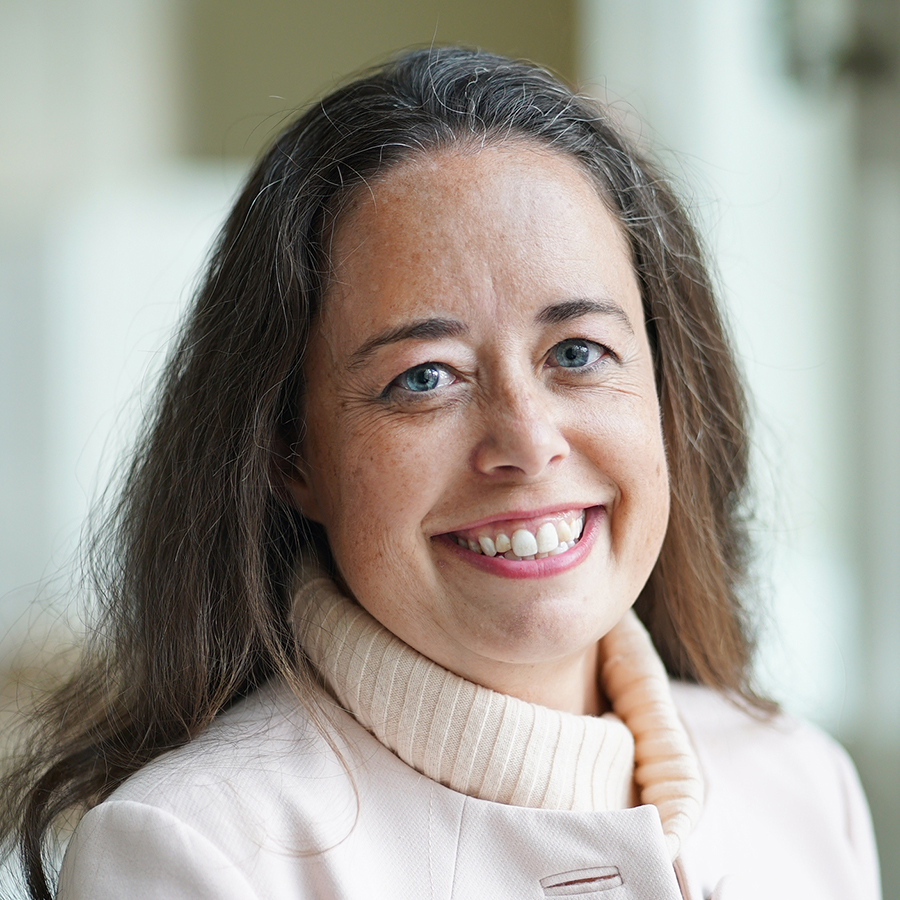What We Do Versus Who We Are: Thoughts on Church Planting

Dr. Erin Crider
During my last year of master’s research, I had made my way around a labyrinthine hallway to a tiny office, where I met the sweet Anglican nun named Sue who served as our college chaplain. My studies were winding down. God had not yet made the way forward clear to me, and I was agonizing over next steps. Sue listened patiently, then said slowly, “We worry so much about what we’re supposed to do. God worries so much more about who we are.”
Sue paused, letting her words settle deep into my soul. She then explained that if we first let God form us into the people God has called us to be, what we do will flow naturally out of that newer, redeemed identity.
Sue’s wisdom applies to churches as much as it does to nervous, final-year students. I see this especially within the context of church planting. Church planters and congregations worry so much about what we’re supposed to do. Consequently, we see busy church calendars, lots of events and meetings, and books full of practical guidance everywhere, many of which are thoughtful and helpful. The buzz of all that activity can be exciting. Yet, sometimes, it feels exhausting.
Churches worry about what we’re supposed to do. God worries so much more about who churches are.
Churches are called to live as a body. Each congregation takes its place within the bigger story of the gospel, and each local church contributes something unique to the witness of the global Church.
Waiting is often part of the process. That was true in Acts 1 and 2 when the Spirit called the first church into being. Just before Jesus’ ascension, he told Christians to wait for the gift of the Spirit (Acts 1:4-5). As Tom Greggs observed, believers in Acts 1 engaged in many important activities while they waited. They held prayer services. They studied Scripture passages. They even had a search committee meeting and chose a new leader. They looked a lot like a church. But in the end, it wasn’t until the Spirit descended in Acts 2 that the church was born.[1] When the Spirit came, their witness spread like the tongues of flame that appeared, and the world has never been the same.
That’s why watching a congregation come into being is exciting. The Spirit calls individuals into a local fellowship and forms them into something greater than the sum of their parts.
When God forms a group of Christians into a church, the things we do as a local body flow naturally from that redeemed corporate identity:
- We pray and wait. As Dietrich Bonhoeffer wrote, “The order to make some historical place into God’s place has not been confided to the church . . . [F]or no human person, but God alone determines this place. The church which is aware of this waits for the word that transforms it into God’s place in the world.”[2]
- We weigh cultural models and human wisdom carefully. We are not called to start a business; there can be valuable financial wisdom within business literature, but our mission is higher than profit and growth curves. Nor are we called to be entertainers; there can be valuable cultural insights within entertainment media, but we are inspired to support something more enduring than a celebrity’s platform.
- We attend to one another. At its best, a church ministers to everyone within its reach–that includes the pastor. Christians are not called to passively receive blessings but to sacrificially and humbly serve together.
- We honor other churches. We see other churches as co-laborers, not competitors. We seek common ground, learn from our shared history, support each other’s ministries, and embrace our shared mission.
God calls churches to be salt and light, reflecting God’s love in a world that needs hope. Fulfilling that calling will require visionary leaders, careful budgeting, creative presentation, and active volunteers. Most of all, though, it needs the Spirit’s transforming presence, reminding individuals and congregations who they are in Christ.
[1] Tom Greggs, Dogmatic Ecclesiology, Vol. 1: The Priestly Catholicity of the Church (Grand Rapids, MI: Baker Academic, 2019), 12-15.
[2] Dietrich Bonhoeffer, “The Nature of the Church,” in A Testament to Freedom: The Essential Writings of Dietrich Bonhoeffer, eds. Geffrey Kelly and F. Burton Nelson (New York: Harper Collins, 1995), 84.
 Dr. Erin Crider (MDiv ’15) is an adjunct professor of practical theology and was recently announced as the program director for the new Church Planting concentration for the MA in Christian Ministries (MACM) degree.
Dr. Erin Crider (MDiv ’15) is an adjunct professor of practical theology and was recently announced as the program director for the new Church Planting concentration for the MA in Christian Ministries (MACM) degree.